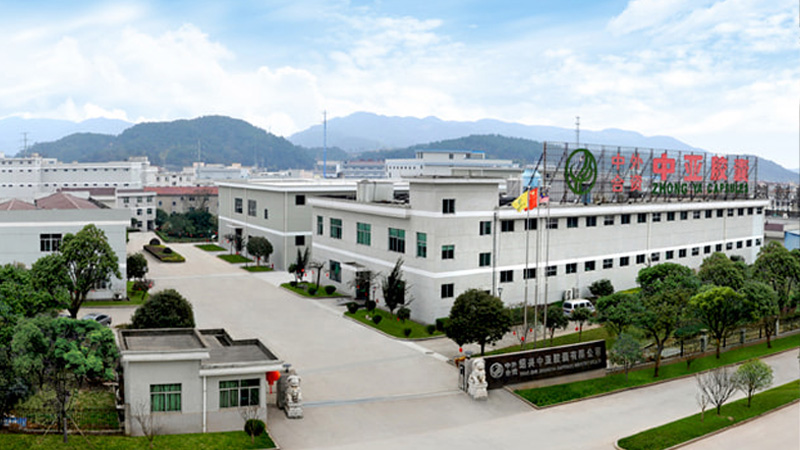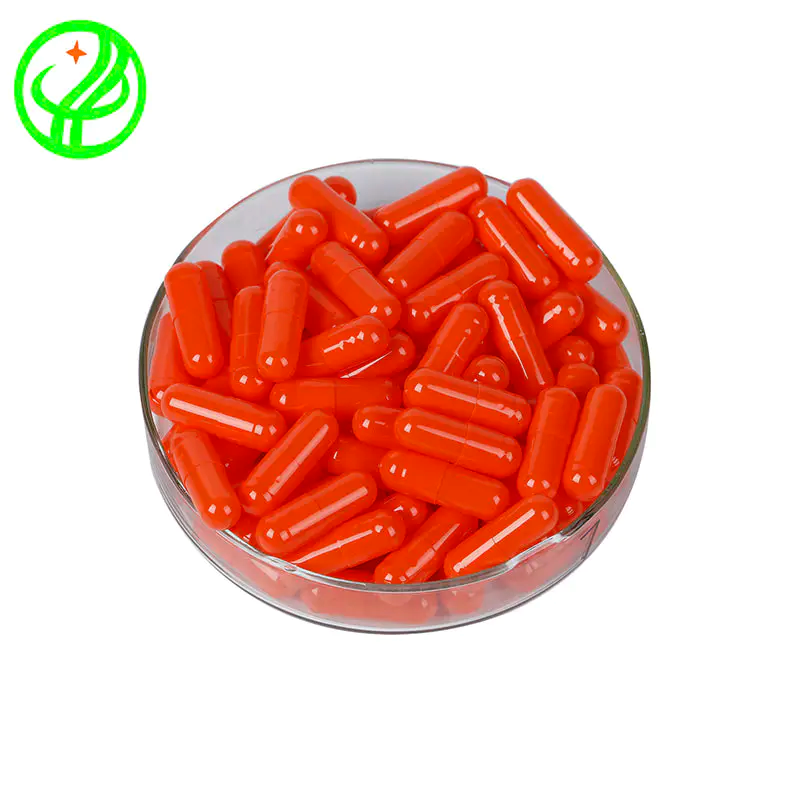Product Consultation
Your email address will not be published. Required fields are marked *


Raw material selection and preparation:
Choose clean, mold-free, and moderately moist crops as raw materials, such as corn, potatoes, cassava, sweet potatoes, etc. Perform preliminary cleaning of the raw materials to remove dust, impurities, etc.
Soaking and softening:
The raw materials are sent to the soaking tank and soaked in clean water or a solution with an appropriate amount of chemical additives (such as sodium sulfite) to promote the softening of the raw materials. The soaking time depends on the type of raw materials and process requirements, generally ranging from several hours to dozens of hours.
Crushing and refining:
The softened raw materials are sent to the crusher for crushing to make them smaller particles. The crushed raw materials are then sent to the refiner for refining to obtain starch milk.
Screening and separation:
The starch milk is screened by screening equipment to remove non-starch substances such as fiber and protein. Multiple washing and centrifugal separation may be required to further purify the starch.
Refining and dehydration:
The starch milk after screening is refined, such as by precipitation, filtration and other methods to remove impurities. The refined starch is dehydrated to reduce its moisture content.
Drying and packaging:
The dehydrated starch is sent to the dryer for drying to obtain dry starch. The dried starch is bagged and sealed according to different weight units, and quality inspection and labeling are carried out.
Modification:
For some starch empty capsules for specific purposes, it may be necessary to modify the starch to improve its physical properties, chemical properties or biocompatibility. The modification may include chemical modification, physical modification or enzymatic modification to produce modified starch suitable for the production of Orange HALAL Capsule.
Your email address will not be published. Required fields are marked *
If you would like to learn more about our products, please feel free to contact us and we will do our to assist you.
No.1 Tianzhu 3rd Road, Dufu Town, Xinchang County, Zhejiang Province
86-575 8606 0065
86-159 8825 2009
+86 159 8825 2009
+1 380 215 7432
